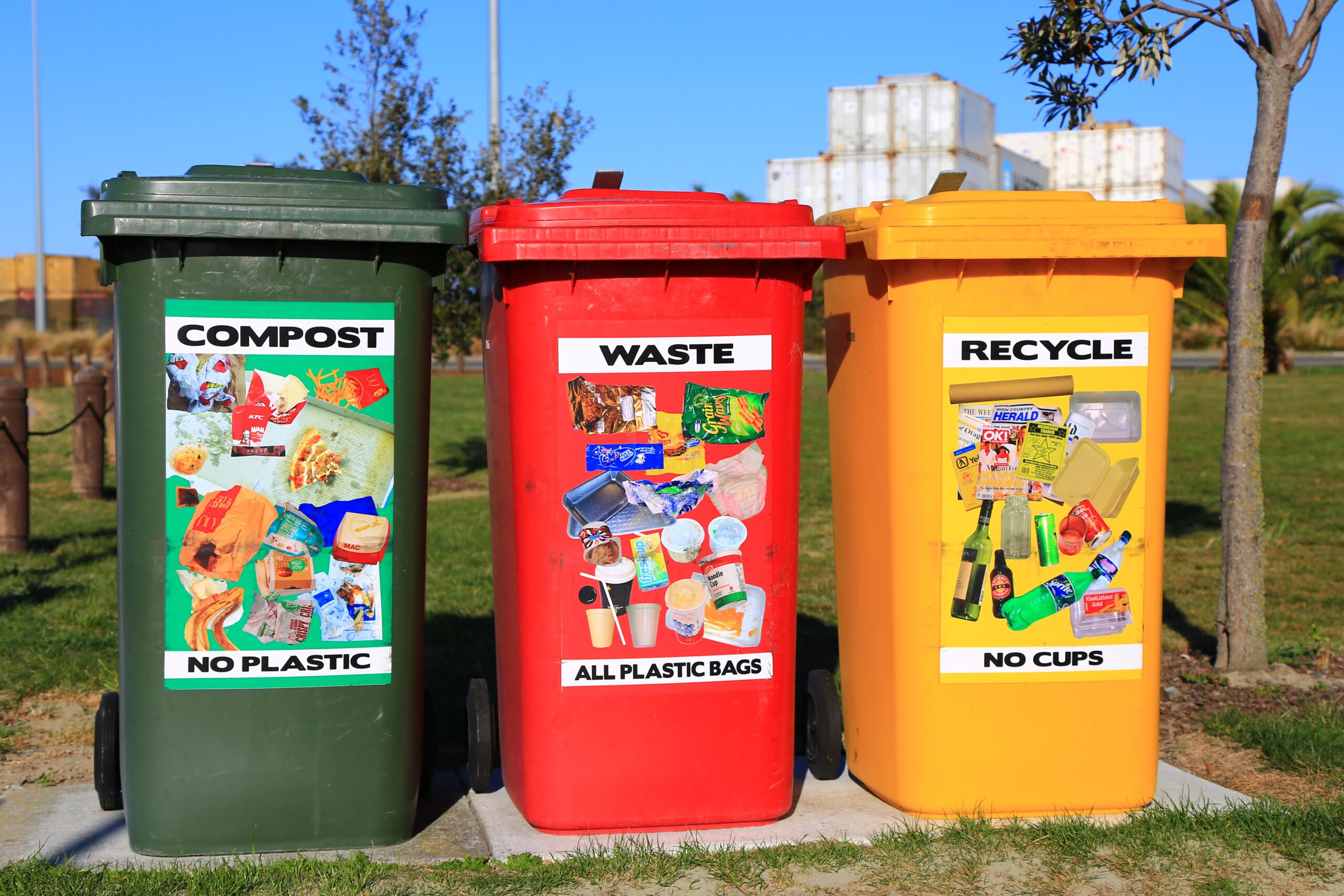Key Takeaways:
- ISB Global advocates for a multi-pronged approach to address the global plastic pollution crisis, as recycling alone is insufficient.
- Acknowledging recycling limitations, reusing plastic, and reducing single-use plastic are three practical steps to mitigate plastic pollution.
- The establishment of sustainable circular supply networks is crucial for transforming waste from a problem into a valuable resource.
- Governments, businesses, and consumers need to play an active role in moving towards sustainable practices.
Beyond Recycling: A Holistic Approach to Plastic Pollution
The global plastic pollution crisis cannot be addressed by recycling alone, according to Chris Williams, founder and CEO of ISB Global. Governments, businesses, and consumers need to transform how they use and dispose of plastic to effect real change. Williams responded to a recent Greenpeace report that emphasised the urgent need for alternative strategies to recycling in order to tackle the problem.
Key Actions for Mitigating Plastic Pollution
ISB Global suggests three key actions to alleviate plastic pollution:
- Acknowledge Recycling Limitations: While recycling is a vital part of waste management, it can inadvertently increase the toxicity of plastic, posing risks to both the environment and human health. Improved recycling methods that eliminate harmful substances and produce safer materials are needed.
- Promote Plastic Reuse: Reusing plastic products extends their lifecycle and reduces the demand for new plastic. Encouraging the use of durable, reusable products like Yeti Bottles and Ocean Bottles can significantly minimize environmental impact.
- Reduce Single-Use Plastic: Tackling plastic pollution involves reducing the production and consumption of single-use plastic. Innovations in alternative packaging solutions made of biodegradable or compostable materials are needed in sectors like food manufacturing and retail.
Transition to Circular Supply Networks
The transition to sustainable circular supply networks, where all resources are continuously reused and recycled, reduces waste and demand for new raw materials. This shift is essential for all waste and resource management, not just plastic, and can turn waste into a valuable resource reintroduced into the production cycle.
While efforts towards an international plan to end plastic pollution are currently stalled, governments, businesses, the waste management industry, and consumers need to take responsibility. Improving existing recycling processes, encouraging consumers to reduce single-use plastic and reuse products, and pushing businesses to adopt biodegradable alternatives are crucial.
About ISB Global
Established in 1999, ISB Global designs innovative software that allows environmental, waste management, and recycling businesses to track, measure, report, and analyze their waste and recyclable materials automatically. Their flagship product, Waste and Recycling One (WR1), offers real-time insights into all aspects of the collection and material recycling operations. With offices in the UK, USA, Pakistan, and South Africa, ISB Global is at the forefront of dealing with waste and recyclable materials.
Sign up to our newsletter & get the most important monthly insights from around the world.
Ready to Amplify Your Brand with Business Today?
Discover the power of sponsored articles and partnerships to reach decision-makers, professionals, and a dynamic audience. Learn more about our advertising opportunities and connect with us today!
Click here to explore our Promotion & Sponsored Articles page.
Are you looking to make an impact? Contact us at [email protected] to get started!







